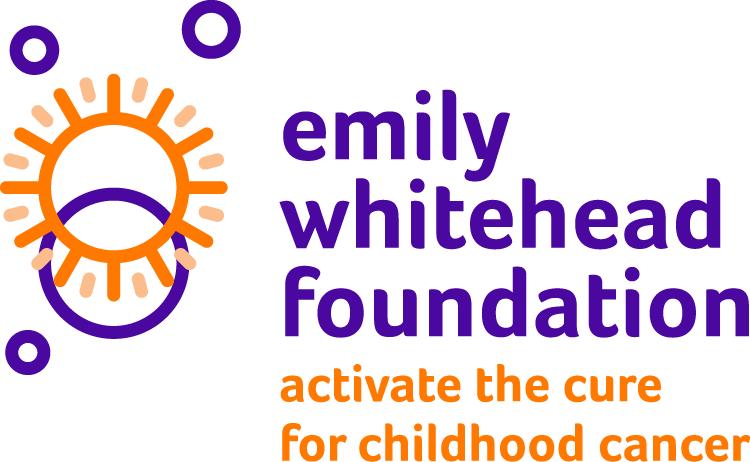CD19/CD22 Chimeric Antigen Receptor (CAR) T Cells in Children and Young Adults With Recurrent or Refractory CD19/CD22-expressing B Cell Malignancies
Leukemia Lymphoma
0-9 years 10-17 years 18-26 years 27 years and older
1
 Drug
Drug
Fludarabine, Cyclophosphamide
 Biological
Biological
CD19/CD22 CAR T Cells
Condition: B-Cell Leukemia, B-Cell Lymphoma, Non-Hodgkin Lymphoma
B-cell leukemias and lymphomas are cancers that are often difficult to treat. The primary objective of this study is to determine the ability to take a patient’s own cells (T lymphocytes) and grow them in the laboratory with the CD19/CD22-CAR receptor gene through a process called lentiviral transduction (also considered gene therapy) and growing them to large numbers to use as a treatment for hematologic cancers in children and young adults.
Researchers want to see if giving modified CD19/CD22-CAR T cells to people with these cancers can attack cancer cells. In addition, the safety of giving these gene modified cells to humans will be tested at different cell doses. Additional objectives are to determine if this therapy can cause regression of B cell cancers and to measure if the gene modified cells survive in patients blood.
